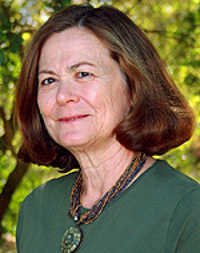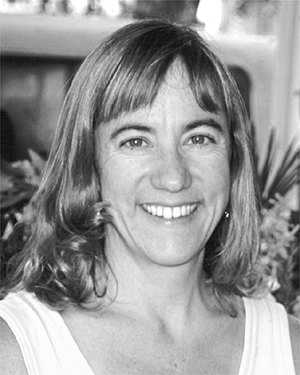
LAKEPORT, Calif. – As a follow up to the Local Foods Forum held in March of this year, the Health Leadership Network (HLN) and Lake County’s UC Cooperative Extension Office are organizing an afternoon workshop on Thursday, Oct. 21, entitled: “Growing Our Local Food Economy.”
The workshop is sponsored by a grant from the California Department of Food & Agriculture and Lake County Public Health Department.
The workshop will focus on post-harvest considerations including food processing, storage, distribution and markets.
The afternoon will open with demonstrations by the Lake County Community Co-Op (www.lakeco-op.org) and the Lake County Farm Bureau (www.lakecountygrown.com) of their respective online food ordering systems.
Ted Herrera and Maria Giovanni, of Local Added Value Agriculture (LAVA), also will talk briefly about the products they are currently making and selling in Lake County.
As a follow up to her March 2010 presentation at the Local Foods Forum, Dr. Shermain Hardesty, extension economist, agricultural and resource economics at the University of California, Davis, will review the economic and social benefits generated by a regional food system and the history of food production in Lake County.
Her October presentation, entitled “Building the Nuts & Bolts of Local Food Systems,” will be participatory, asking those in attendance to help identify core infrastructure components needed for a regional food system and determine which already exist in Lake County.
That step will be followed by an exercise to estimate total food demand in the county, brainstorm a list of the specific crops and processed foods that have the potential to be produced in Lake County, and prioritize the top ten crops/products on the list.
Next, attendees will help Dr. Hardesty compare the infrastructure needed to produce and market those products highlighting critical missing components. The final step will be to outline the next steps to move forward with the development process, emphasizing partnerships, utilizing existing resources and/or rebuilding those that existed in the past.
Workshop participants will also hear from Ben Ratto about how the Bay Area Collaborative’s food distribution system works as well as from Colleen Rentsch and Michelle Malm about the Farm-to-School program they’ve created for students of the Kelseyville Unified School District.
Colleen Rentsch is a local farmer and operator of Seely’s Farm Stand; Michelle Malm is Kelseyville Unified’s Director of Food Services.
